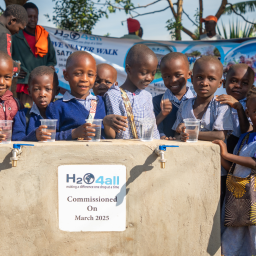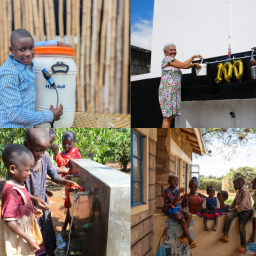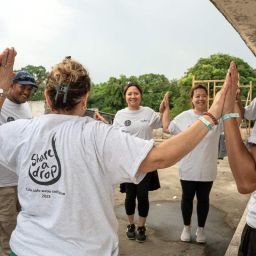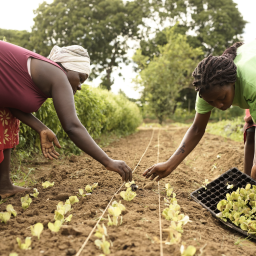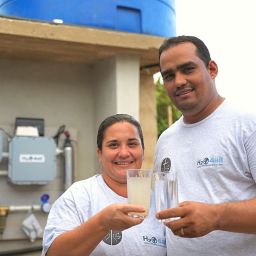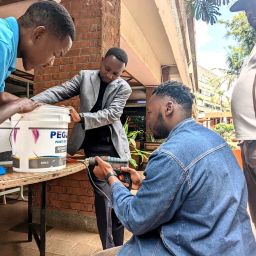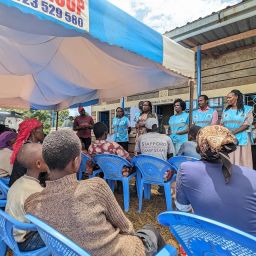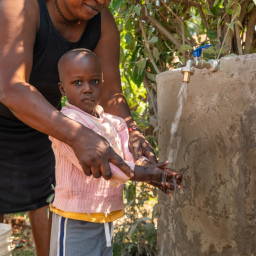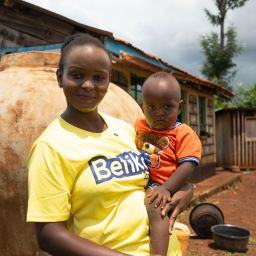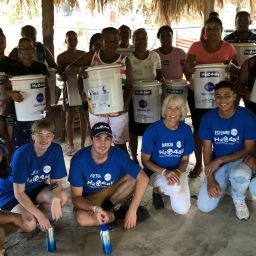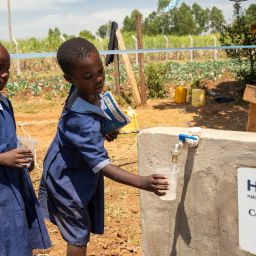World Toilet Day: WHy Safe Water Matters
November 19th is World Toilet Day, a day dedicated to raising awareness of the billions of people living without safely managed sanitation.
How would your life be different without access to safe water? For those of us lucky enough to have running water in their homes, the answer can be difficult to picture. Out of all the comforts that come from running water, access to a safe toilet might be the easiest to take for granted. And yet, nearly 1.5 billion people across the world don’t have access to basic sanitation services.
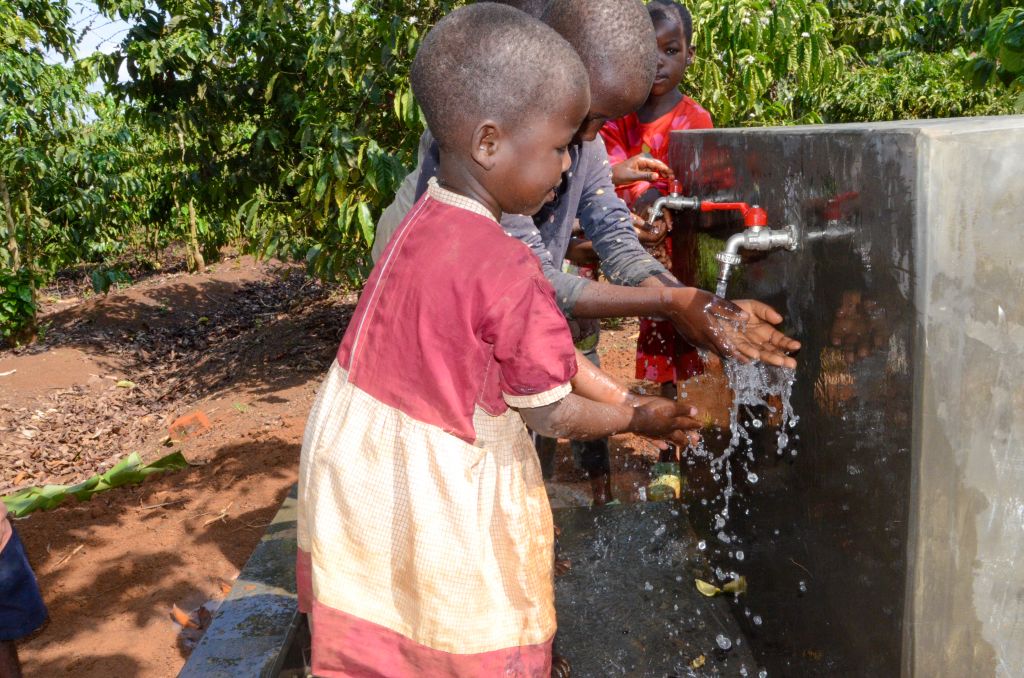
For those 1.5 billion, many of the dangers associated with unsafe water begin with a lack of proper sanitation. Without proper waste disposal, unprotected water sources can easily become contaminated. In communities without a protected water source, people can easily contract waterborne diseases when they drink water, use it for cooking or washing, or even eat produce that was irrigated with contaminated water.
Not only is sanitation scarcity a risk for community health, but it’s a major factor in education access. At nearly one-third of the world’s schools, the lack of safely managed toilets leaves students vulnerable to waterborne diseases. For some children, repeated bouts of illness may contribute to malnutrition or cause them to fall behind in their classes.
In addition, the lack of safe toilets in schools is a frequent factor in adolescent girls dropping out of school. When young girls hit puberty, they often have no choice but to stay home during their periods, since their schools lack a space for them to handle it in safety and privacy. Since these girls are missing several days of school a month, they’re far more likely to drop out, marry young, and stay trapped in the cycle of poverty.
As we move into 2025, H2O4ALL is committed to promoting community health in our partner communities. Providing proper sanitation is a vital part of this mission, helping communities keep their safe water sources safe and stopping the spread of disease for a healthier future.


